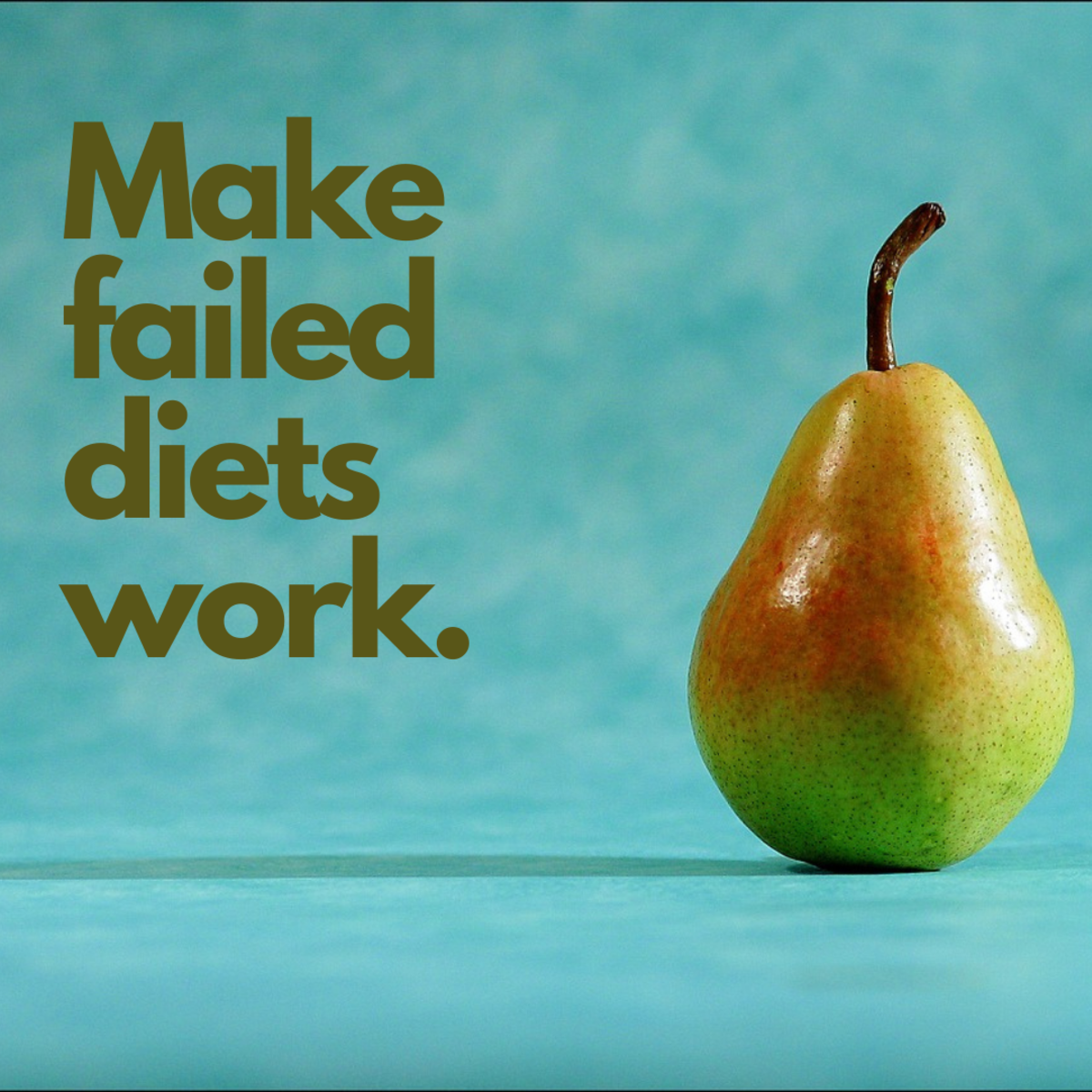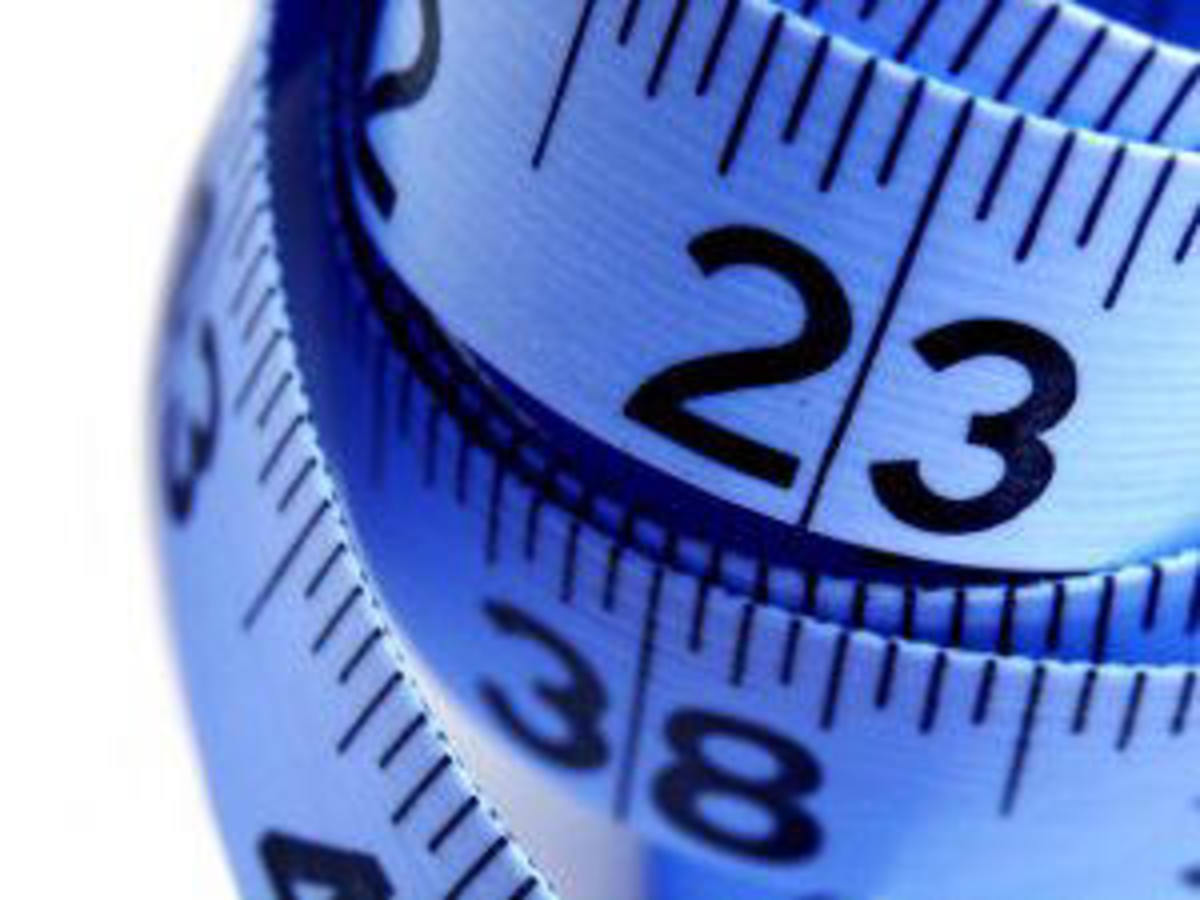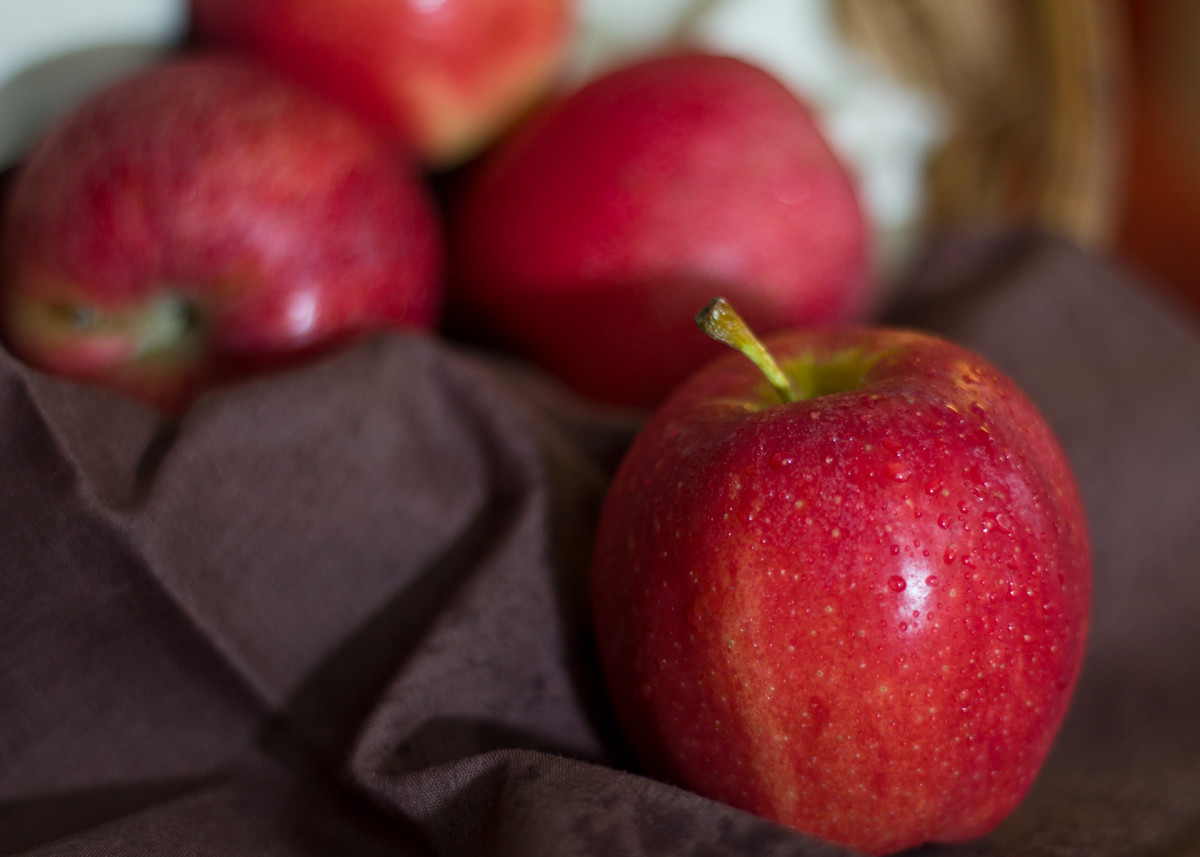How to Lose Weight and Keep it Off
Whenever I talk to friends about losing weight, I find there is a common expectation - a desire to lose a lot of weight in the shortest time possible. This expectation has been moulded by our society of rapid results and instant gratification - we want everything and we want it yesterday.
Unfortunately, if you want to lose weight and successfully keep it off, this is exactly the wrong way to go. Excessive and rapid weight loss is accompanied by rebound weight gain that sometimes surpasses the original weight that one began with. In such a case, the old adage of "slow and steady wins the race" is rather apt.
In a recent conversation with a friend, it was revealed to me that this friend had lost four kilos in one week. While she had been proud of the achievement at the time, she lamented in the following week that two of those four kilos had been "gained" back despite maintaining her current level of activity and diet.
Let us examine this example. My friend, while on the larger side, is not to say particularly overweight. To lose four kilos in one week is therefore an unrealistic expectation. A more realistic and healthy approach is to work at losing 0.5-1kg every one to two weeks - the slower, the better because your body requires time to adjust. Also, instead of weighing in everyday and tracking her weight on a daily basis, she should ideally weigh in once a week at the same time of the day. Weight fluctuations of 1-2kg within the day and from day to day (most often due to water loss) should be expected and cannot be counted towards actual weight lost.
While I applaud her for not relying on weight loss gimmicks and diet pills to hasten weight loss, I feel she needs to review her expectations and her dietary and exercise regime. Her methods for losing weight are exercise and calorie restriction through dieting.
Why Exercise?
The primary reason for exercising while dieting is to help maintain the basal metabolic rate (the amount of energy our body burns in order to maintain our normal body functions at rest). Our body is designed to react to calorie restrictions by turning on famine mode (although our lives have been modernised to the extent that access to food is so readily available that fear of starvation is a thing of the past, our bodies still maintain the need to preserve body stores in the event that food has become scarce). This in turn lowers our resting metabolic rate, so if we wish to continue losing weight, we then have to reduce our caloric intake even further.
The purpose of exercise is to increase muscle mass and raise our resting metabolic rate (to counter the metabolic rate reduction due to dieting). This is because muscle at rest utilises more energy than fat. This is also a reason why measuring weight loss with a weighing scale can sometimes be deceiving. When you exercise and diet at the same time, you may find that your weight remains stagnant because muscle is dense and weighs more than fat. As you progress through your weight loss regime, your body gains muscle and lose fat, resulting in a leaner body which may or may not lose weight. Therefore a better way of measuring weight loss is to measure body proportions with a tape measure, such as waist circumference.
There are two reasons why people on diets gain weight after they "complete" their diet (especially those who do not exercise as part of their weight loss regime). The first is because they return to their original eating habit which is exactly the reason why they were maintaining their original weight in the first place. The second is because they have lost muscle mass and their resting metabolic rate has dropped. That means they are now utilising even less energy at rest and increases their likelihood of gaining the weight back and then some.
Exercising to Lose Weight
You can also exercise to help you lose weight, but you need to observe the kind of activities you take on. For instance, you want activities that help you burn fats, such as walking or swimming - anything that is aerobic in nature. Activities like running do not help you lose weight because they utilise the glucose stores in your body rather than the fats because running requires a rapid source of energy that can only be provided by burning up the glucose stores in the body - it simply takes too long for the fats in your to be converted to energy.
Anyone who knows me will know that I generally recommend activities that you enjoy when considering what sort of physical activities to take up when attempting to lose weight. Losing weight and keeping it off is a permanent lifestyle change - not a temporary measure you maintain until you lose the amount of weight you desire. The more you enjoy the sport or physical activity, the better because you're more likely to maintain the activity on a long term basis.
Dieting Appropriately
Likewise, I also don't believe in relying on diets for losing weight. My philosophy has always been: if you cannot imagine yourself eating the foods you eat while on your diet for the rest of your life then don't even bother getting started on the diet. A successful diet is one that results in a change in your eating habit that you will maintain for the rest of your life.
In a nutshell, when exercising and dieting, you need to look for activities and foods that you can incorporate into your life for the long haul. What you don't want is something you'll drop like a hot potato the moment you have achieved your weight loss. This is exactly the reason why fad diets are a complete waste of time (in addition to being extremely unhealthy).
Dietary Calorie Restrictions
Let me take a moment to digress a little with the experience from a friend of my brother's. When I first met him, he appeared nine months pregnant and had been trying every weight loss trick, gimmick, plan, device - you name it - under the sun. He had used those weight loss devices that were designed to help your muscles "exercise" while you watched TV and he had even used the drug Xenical to curb his fat intake with embarrassingly, disastrous results that I will not elaborate on here. When I finally met him again some years later, I saw a much leaner person and had to ask what his secret to success was. His reply was, "It's all about starvation..."
To a certain extent - yes, losing weight is a little about "starvation", but we're not talking excessive starvation. If you cannot manage your hunger pangs, then your caloric is too excessive. There are two ways to determine exactly how much you need to reduce your diet by.
Calculating Your Caloric Intake
The first method uses the average calorie intake required by a person of a specific mass in order to maintain their body weight. You can find charts to determine this figure based on your average level of activity. If you are an active person, you will need to add the estimated calories expended during those activities. To determine how many calories you are allowed to consume in a day in order to lose weight, you should then reduce your calorie intake by 510 calories or 2100kJ.
The second method for calculating how many calories you need to consume a day to lose weight appropriately is to calculate how many calories you eat in a week and divide it by seven to find out how many calories you eat in a day. Assuming your weight is stable, this is how many calories you require to maintain your current weight. To lose weight, you then subtract 510 calories or 2100kJ from your current level of intake.
You can calculate your calorie intake using calorie counters which provide you with the estimated number of calories a specific quantity of a certain type of food provides you with. Calorie counters are available on the internet or in books.
Conclusion
To lose weight effectively and healthily, you need to pick up an activity (or activities) you enjoy and incorporate them into your weekly schedule. If you haven't been exercising on a regular basis, then be sure to start off easy. Try half an hour, two to three times a week to begin with and slowly work your way up.
Find out how many calories you need to maintain your current weight and reduce your daily intake by 510 calories. Continue with this plan until your weight plateaus and then reassess how many more kilos you wish to lose before recalculating you new calorie requirements.
Ideally, once you achieve a weight loss of about 5-10kgs, you should take a break from dieting (i.e. stop reducing your calorie intake) and focus on maintenance plan to stabilise your new weight. Once your new weight is stable, you can begin a new dietary regime and work at losing another 5-10kgs.
Excessive weight loss is also not recommended. If your BMI (body mass index) drops below 18, it is too low. You can calculate your BMI by dividing your weight in kilos by your height in meters squared (BMI = mass (kg) / height2 (m) or you can use a BMI calculator).
N.B. This is the author's recommendation only. The author is not liable for any manner in which you have interpreted or utilised this information. You are advised to consult your doctor before embarking on any weight loss program to check if it is suitable for you.










